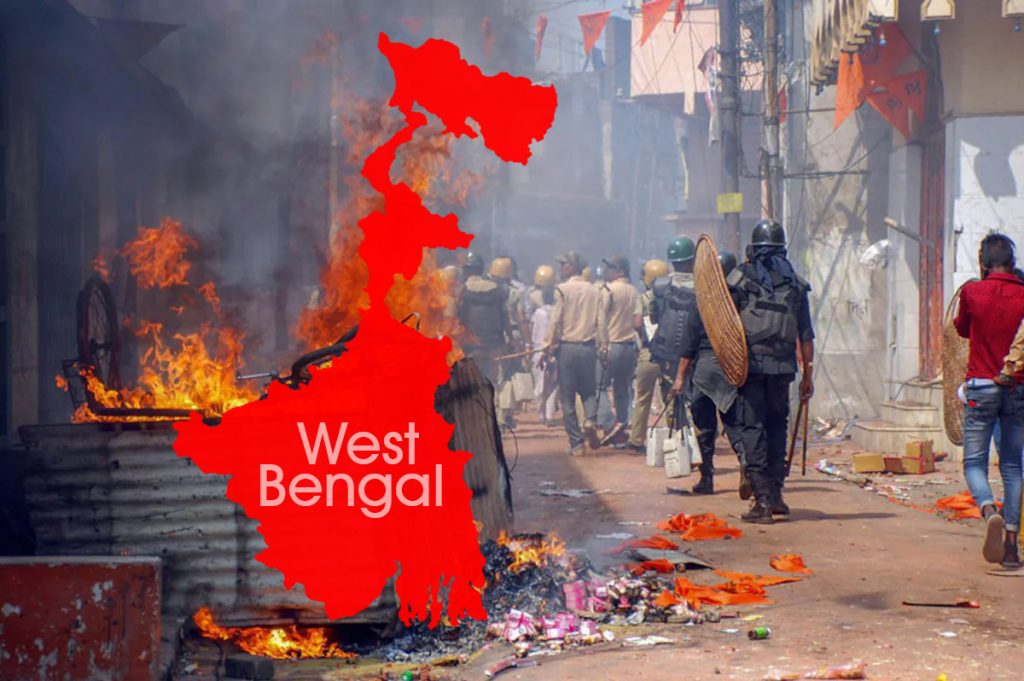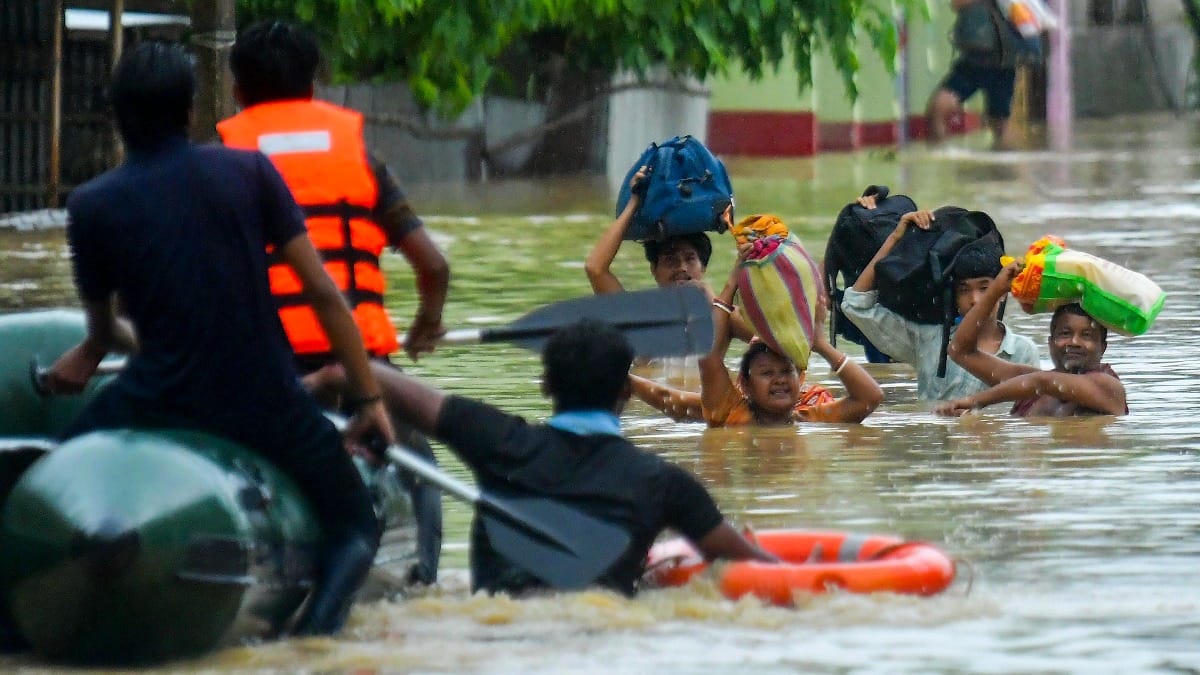
Top News Today West Bengal has once again made headlines for violent unrest over the controversial Waqf Act protests. The situation has turned dire in Murshidabad, where three people were reportedly killed and over 150 people were arrested in clashes between protesters and police. The BJP is said to have accused the Trinamool Congress government of allowing the eviction of Hindus, while Chief Minister Mamata Banerjee’s administration is said to have blamed “external forces” for instigating the violence.
With central forces deployed and tensions rising, the crisis has taken a “serious and volatile” turn. Here’s a detailed account of what happened, why it matters and what happens next.
All the points in this post
What triggered the protests
The unrest has been triggered by the Bengal government’s handling of waqf properties – Islamic charitable endowments governed by specific laws. The BJP has alleged that the Trinamool Congress is misusing the Waqf Board’s rules to evict Hindu families from disputed land. The opposition BJP has accused the Hindu families of being forcibly evicted under the guise of restoring waqf properties.
The current Trinamool has countered by saying that the protests are politically motivated, with the BJP inciting communal tension ahead of the elections. On the other hand, many Muslim groups argue that the waqf laws are being misrepresented and that the protests are an attempt to polarise voters. The situation worsened when a gathering of Hindu activists turned violent, leading to arson and stone pelting.
Violence intensifies in Murshidabad
A sensitive border district of Murshidabad has reportedly become the epicentre of clashes. On the first day, a BJP-led protest march turned violent after police tried to disperse the crowd. On the second day, the crowd set vehicles on fire and there were reports of firing. Three people, including a pedestrian, were reportedly killed in the crossfire.
On the third day, central forces CRPF were deployed as the state police struggled to control the riots. More than 150 people, including BJP and Trinamool Congress workers, have been arrested, deepening the political blame game.

Political Reaction BJP vs Trinamool Congress
The opposition BJP has accused the TMC of allowing illegal encroachment under the Waqf Act. On the other hand, Hindus are being targeted; they are being targeted, and stones are being pelted at them. We are demanding President’s rule; this is what we want from the government.
The state party has come to the defence of the TMC, saying that the BJP is importing riots from Uttar Pradesh and Gujarat. It has claimed that central forces are being misused to destabilize Bengal. The Congress and other parties like the Left have called for calm but have been heard criticizing both parties for playing communal politics.
What was the impact on the local community?
The violence has left residents terrified. A curfew-like situation has been imposed, with businesses shutting down. Families who fled mixed neighborhoods fearing targeted attacks are still in fear. Long-term distrust is growing within the community. “We just want peace, but politicians won’t let that happen,” a shopkeeper in Behrampur told reporters. “It remains to be seen how long it will take for things to return to normal.”
What are the legal and administrative measures taken?
After being informed about this matter, the High Court has started monitoring and can file a public interest litigation for judicial supervision. In any case, the police action against the rioters is a non-bailable charge. Now the government has taken steps and said that a peace committee will be formed, but doubts remain in everyone’s mind.
Concerns over national security and communal harmony
The deployment of central forces has made it clear how serious the situation is. Analysts are warning that if it is not controlled, it could spread to other districts as well. The current situation seems to be the case. Communal polarization is said to have an impact on the social fabric of Bengal. On the other hand, it is said that both the BJP and the Trinamool are using it to gather their bases due to the impact of the elections.
Public and media reaction
Social media now trending on #Bengal violence, but fake news is spreading widely. National media coverage is divided – right-wing media blaming Trinamool, left-wing highlighting BJP’s role. International attention is now focused on Al Jazeera and BBC reporting on “rising Hindu-Muslim tensions in India”
the end
The anti-Wakf Act protests in West Bengal are said to have exposed deep divisions in the state’s politics. With the loss of lives, increasing arrests and erosion of trust, the need for talks on partition seems to have never been clearer.
Will the central and state governments prioritise peace, or will this turn into another electoral battleground? For now, Murshidabad is said to be on the periphery. What is your opinion?







